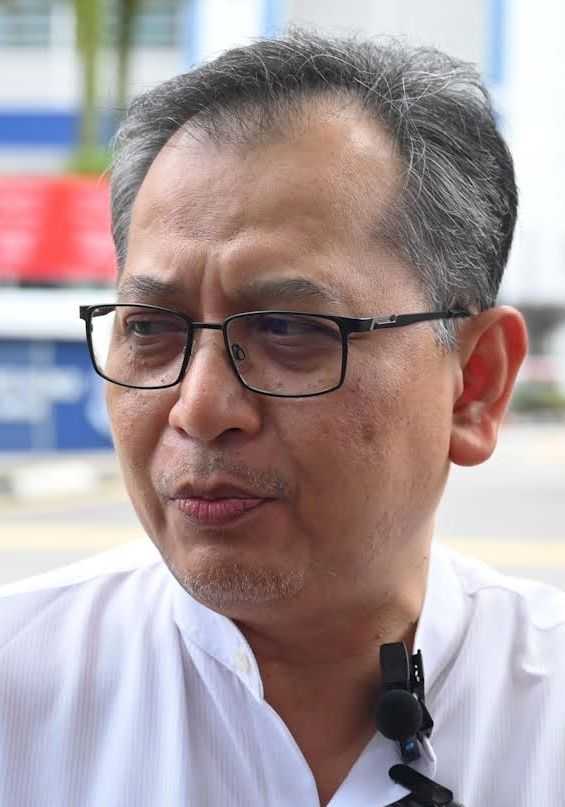Whither Anwar's career after addendum issue?
Analysts divided on the prime minister's future as PKR's Rafizi Ramli waits on the sidelines.
Just In
Questions have arisen about the future of Prime Minister Anwar Ibrahim and what lies ahead for the PKR president following his controversial handling of a royal instruction for former leader Najib Razak to serve the rest of his jail sentence under house arrest.
Last week, the Court of Appeal allowed Najib's application for leave to commence judicial review proceedings over the High Court's decision on his bid to finish the rest of his jail term under house arrest.
Anwar had initially refused to confirm or deny the existence of the decree made by former Agong, Sultan Abdullah Sultan Ahmad Shah.
On Saturday, however, he acknowledged the existence of the decree amid calls for his resignation.
Analyst Oh Ei Sun said Anwar would have more headaches over his party PKR and its government ally Umno.
"Internally, confrontation between the reformist and racialist bases are increasingly floating to the surface.
"Externally, the green wave seems ever ready to take over," he said, referring to the strong support from the Malays to PAS and Perikatan Nasional.
Oh, a senior fellow at the Singapore Institute of International Affairs, said Federal Territories Minister Dr Zaliha Mustafa might be "sacrificed" in the event of a Cabinet reshuffle.
He said Zaliha, who was initially appointed as health minister in Anwar's Cabinet, had been seen as struggling to manage the federal territories portfolio.
The comments come on the back of what sources say is an increasingly uninhibited power struggle in PKR between Anwar's camp and that of Economy Minister Rafizi Ramli.
The royal addendum issue, they say, gives Rafizi the opportunity to portray himself as a leader who is still committed to reforms, and who rejects any compromise with elements perceived as being out of sync with PKR's principles.
Analyst Anis Anwar Suhaimi agreed.
"This issue has given Rafizi a chance to position himself as a new figure for reforms," he said.
Anis said the addendum issue would also affect PKR's support from Malays in the urban areas, especially on the west coast, which makes up what little Malay support the party has been able to hold on to since the last general election.
Anis said Malays who supported Pakatan Harapan (PH) and reject Umno vote based on ideological ties rather than loyalty to individual figures.
"They are expected to continue being critical of the Madani government to ensure that its political agenda aligns with their values."
One of PKR's most prominent founders, Anwar's former political secretary Ezam Mohd Nor, said his former boss political career as prime minister would become more precarious after he was found to have gone against the royal decree.

Ezam said the episode portrayed Anwar as violating the principles of justice and loyalty to the king.
"He should have tried his best and made every effort to fulfil the addendum decree," he said.
"He was also rude, referring to the royal decree as the Agong's letter to the attorney-general. It was no ordinary letter, it was the king's decree."
Ezam, who was a main pillar of Anwar's reformasi movement in the late 1990s, added that Anwar's actions involved not only his ties with the Pahang ruler, but the royal institution as a whole.
Political observer Syaza Shukri, however, said the addendum polemics were unlikely to affect matters at the grassroots level.
"I feel that this issue has been fully politicised in the sense that the people who questioned the government are really those on the opposition side," Syaza, of the International Islamic University Malaysia, told MalaysiaNow.
"In other words, it's not a scandal that is causing widespread mistrust among the people in general."
She said with the exception of Najib's supporters, PH's ties with Umno would likely continue as usual.
It is a sentiment shared by Oh, who said Anwar's position at the moment had the support of the current Agong, Sultan Ibrahim Sultan Iskandar.
But he said: "The nation remains divided over whether Najib should be released."
Subscribe to our newsletter
To be updated with all the latest news and analyses daily.



